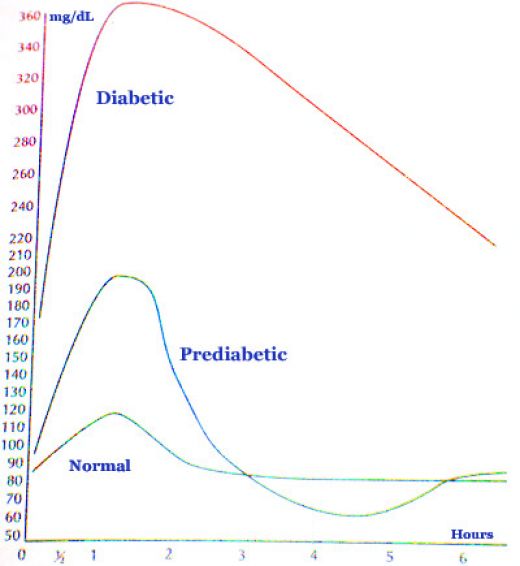One of the hardest diseases that you will ever have to deal with is diabetes. You will have to make significant changes to diet choices and keep track of your blood sugar levels on a constant basis. Although diabetes is always challenging, there are ways to effectively cope with it. Here are several tips that can help you out as you navigate through this disease.
- If you have diabetes, you must be careful about what you eat. Foods change blood sugar levels differently in different people, so it's up to you to keep track of how foods affect you. When you eat a bigger meal, you will need a larger insulin injection, and a small meal will require less. If you are careful with your eating, though, you can efficiently manage your blood sugar levels.

- Make sure to read the nutrition labels as many common foods contain this. If it has corn syrup, back to the shelf it goes. It can also be labeled "glucose/fructose".
- Yes, it's got sugar, but it also contains a lot of fat. Fat releases its sugars very slowly because the body takes so long to digest it. You're going to want to get your unleveled blood glucose to normal levels again with a sugary snack that is fat-free instead.
- It is tough to be told that your child has diabetes, but there is so much you can do to make it easier for them. These days, many people have diabetes, and treatments have improved so much that children with diabetes can live quite normally. The oldest living diabetic is 90, and he was born before many of the treatments we have now.
- It will be hard if your child is diagnosed with diabetes but bear with it. Proper treatments allow your child to live a normal life. Keep in mind that diabetics are living into their 80's, and the oldest diabetic is 90! Your child need not be the exception!
- Even though gestational diabetes will generally clear itself after birth has occurred, you must still have your blood sugar tested regularly. It is a common misconception that once the baby is born, blood sugar levels will return to normal.
- Just slight elevations can increase risk. Most people do not have an optimal A1C level. Your goal should be 150 mg/dl as an average blood glucose, or less than seven percent.
- This often leads to a greater chance of your child getting diabetes, either when born or at a later time in life. Don't give your child this terrible disease. Properly care for yourself today.
- Always remember to take your diabetes medicine as directed. You must take your medication properly and at the specific times you are told. Do not let symptoms unnoticed fool you. One of your greatest resources will be your doctor. Any time you happen to experience a new side effect or have a serious question about a trouble you are facing with your medication or treatment plan, he or she will do their best to offer advice and guidance from a purely medical standpoint. Never quit taking your prescribed medication without first consulting your doctor.
- Smoking is a bad habit for anyone; however, it is especially dangerous for diabetics. Partaking in this vice will open the door to seriously negative health consequences. Cigarettes will make your body more resistant to insulin and can increase the risk of getting type 2 diabetes.
- Changing your diet can be a great way to help lower your risk factor of contracting diabetes, and switching out fats and sugars with fiber is a great place to start. Choose whole wheat and whole grain foods over their processed counterparts, like white bread, which have a dangerously high glycemic index. Study after study concludes that individuals who eat more whole grain have a much lower risk of contracting diabetes.
- Keep your meal schedule consistent. Whenever you skip or postpone a meal, your blood sugars are affected a great deal. When this glucose is combined with the elevated glucose levels of the typical type 2 diabetic, it can cause a dramatic sugar spike.
- It is very important not always depend just on your urine ketone assessment for examining your blood sugar. High ketone levels in the urine indicate only that your blood glucose is approximately greater than 200 milligrams per deciliter (mg/dl). Begin using a home glucose meter to check the precise amount of glucose in your blood as an alternative. The American Diabetes Association (ADA) considers such type of tests to be far more precise than urine assessment.
Information will always give you the best chance of winning any battle, and that's especially true when dealing with something as dangerous and as unpredictable as diabetes. What you've just read here, are a collection of tips that you can use to empower you, when working hard to conquer the disease. Don't waste time; get started today.
No comments:
Post a Comment